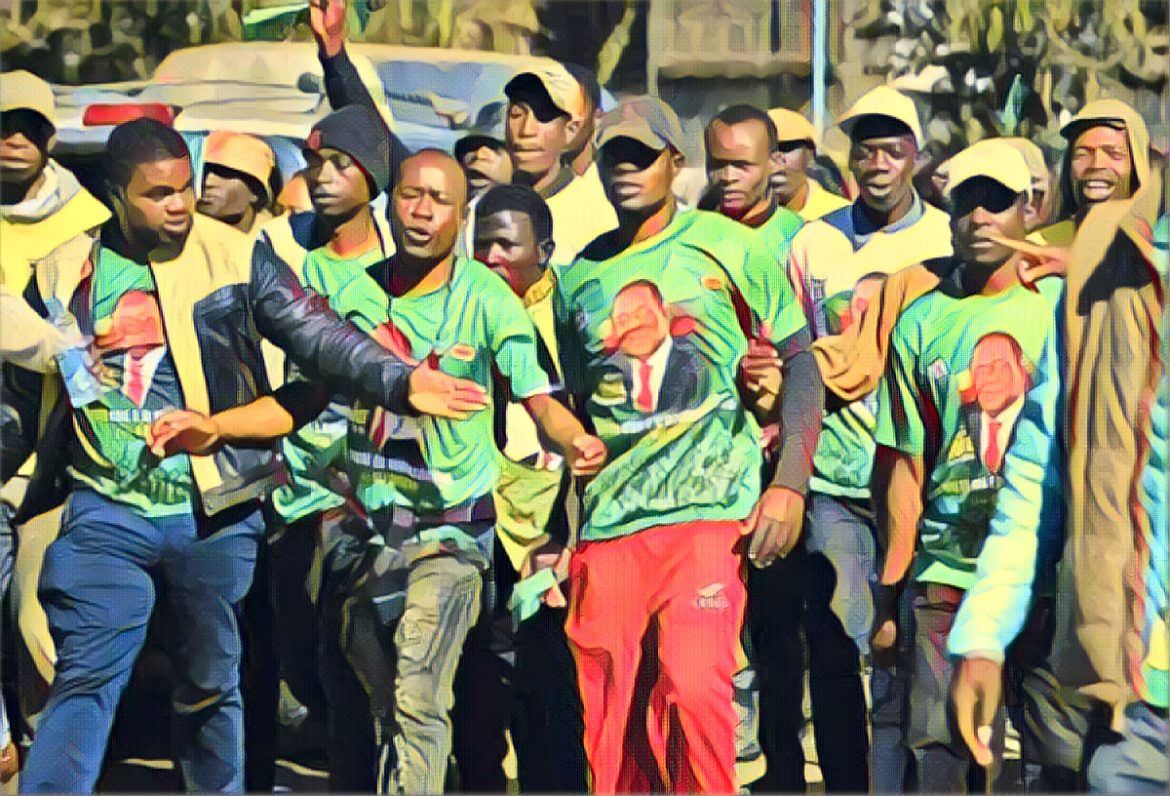On Nov. 30, 2023, the Zimbabwe Human Rights Commission (ZHRC) reported its ongoing investigation into cases of post-election violence. This violence primarily targets opposition supporters and leaders following the August elections.
The Commission, which monitored the elections, received reports that some ruling Zanu PF officials and traditional leaders vowed to retaliate against those who voted for opposition parties. Despite exposing significant anomalies in Zimbabwe’s electoral processes, ZHRC’s final report released Tuesday affirmed the government’s adherence to the Constitution.
The report detailed the electoral cycle’s three phases: the peaceful pre-election period, election day failures including misallocation of voting materials, and the tumultuous post-election phase. The post-election period saw continued attacks on activists, councillors, and MPs of the Citizens Coalition for Change (CCC).
Notable incidents include the enforced disappearances and torture of Harare Councillor Womberaiishe Nhende and MP Takudzwa Ngadziore, believed to be at the hands of Zanu PF supporters and State Security agents. A CCC activist, Tapfumaneyi Masaya, was reportedly kidnapped, tortured, and later found dead, linked to a campaign vehicle of a Zanu PF candidate.
The ZHRC highlighted specific instances of electoral mishaps, such as ballot paper mix-ups, and is addressing reports of politically motivated violence in regions like Mashonaland East Province. The Commission is also investigating violence against the CCC-winning MP for Goromonzi South Constituency, who suffered attacks on his person and property.
Further, ZHRC received allegations of post-polling intimidation, where meetings organized by ruling party members and some traditional leaders allegedly served to identify and target opposition voters.
These developments occur despite a 2018 ruling by Masvingo High Court Judge Justice Garainesu Mawadze, which barred traditional leaders from engaging in partisan politics. However, these leaders are often accused of aiding Zanu PF’s dominance, especially in rural areas where their influence is significant.
The Human Rights Commission’s investigation underscores the ongoing challenges in Zimbabwe’s political landscape, marked by intimidation and violence, and raises concerns about the role of traditional authorities in political processes.


